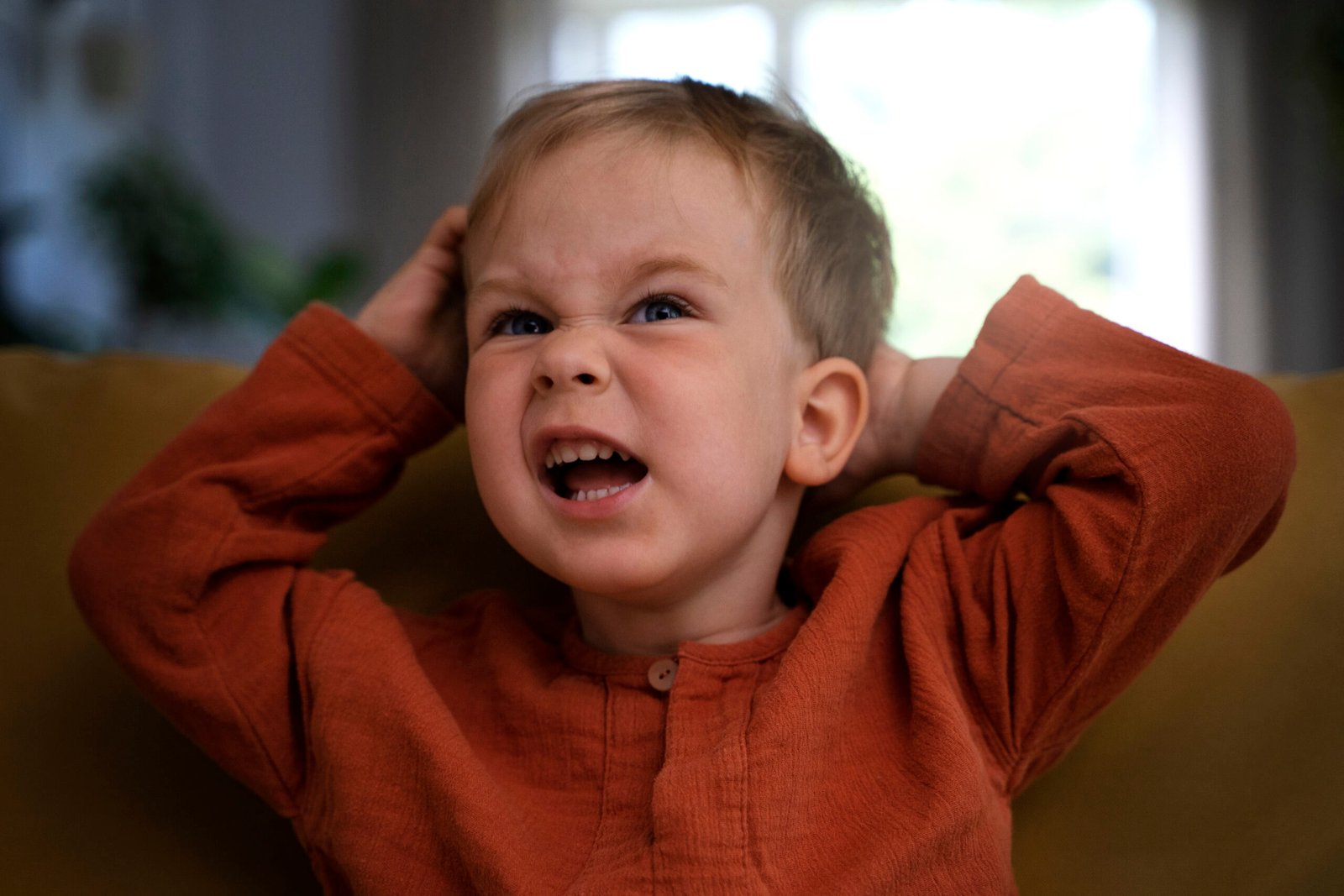Bruxism, or teeth grinding, isn’t just a dental issue—it can have a profound impact on your sleep quality. Many individuals who suffer from bruxism don’t even realize that they’re grinding their teeth, particularly at night. Bruxism Impact on Sleep Quality, leading to jaw pain, headaches, and long-term damage to your teeth. In this blog, we’ll explore how bruxism impact on sleep and discuss effective solutions to improve your rest while managing teeth grinding.
1. Understanding how bruxism impact on sleep
Bruxism often stems from stress, anxiety, misaligned teeth, or sleep disorders like sleep apnea. It can disrupt sleep cycles, causing jaw pain, headaches, and muscle soreness.
- Key Links: Bruxism is tied to snoring and sleep apnea, causing micro-arousals during sleep.
- Tip: Morning jaw pain or worn teeth? Consult a dentist specializing in sleep bruxism to address the root cause and improve sleep.
2. The Long-Term Impact of Bruxism on Sleep Quality
Untreated bruxism can cause chronic sleep disruptions and long-term damage to teeth and overall health. Many people with bruxism wake up feeling unrested, even after sufficient sleep.
- Monitor Symptoms: Watch for morning headaches, jaw pain, or signs of teeth grinding.
- Keep a Sleep Diary: Log sleep patterns and symptoms to share with a healthcare provider.
- Identify Triggers: Reduce stress, caffeine, and alcohol to minimize bruxism.
- Seek Help: Consult a dentist for professional guidance and treatment options
3. Solutions to Improve Sleep Quality and Manage Bruxism
Bruxism can be managed through lifestyle changes and medical options to improve sleep quality.
- Custom Mouthguards: Protect teeth and reduce jaw strain during sleep.
- Stress Management: Use relaxation techniques like meditation or deep breathing to lower stress.
- Sleep Positioning: Sleep on your back with good neck support to ease jaw pressure.
- Professional Help: Consult a dentist for personalized solutions to address bruxism.
4. The Role of Sleep Apnea in Bruxism
Sleep apnea, a condition where breathing repeatedly stops and starts during sleep, is commonly linked to bruxism. When the body struggles for airflow, it may respond by clenching the jaw and grinding the teeth, leading to sleep bruxism.
Helpful Practices:
- Sleep Apnea Treatment: If diagnosed with sleep apnea, treating the condition with a CPAP machine or oral appliance can reduce or eliminate bruxism.
- Consult a Sleep Specialist: A sleep specialist can help identify whether sleep apnea or another sleep disorder is contributing to your bruxism.
- Lifestyle Changes: Weight loss, avoiding alcohol, and quitting smoking can improve both sleep apnea and bruxism symptoms.
5. Affordable Care Options for Bruxism and Sleep Issues
Cost-Effective Dental and Sleep Care:
Treating bruxism and improving sleep quality doesn’t have to be expensive. There are several affordable care options available to manage both conditions.
Affordable Care Tips:
- Insurance Coverage: Many dental and health insurance plans cover treatments for bruxism and sleep apnea, including mouthguards and CPAP machines.
- Payment Plans: Some dentists and sleep specialists offer flexible payment plans to help cover the cost of treatment.
- Community Clinics: Look for community health clinics that offer affordable options for managing bruxism and sleep disorders.
Bruxism can severely impact your sleep quality, but understanding how teeth grinding and sleep are connected can help you find relief. From using custom mouthguards to addressing underlying conditions like sleep apnea, there are several solutions available to improve both your sleep and your dental health. By consulting with a dental or sleep specialist, you can take control of your bruxism and enjoy a restful, pain-free night’s sleep.

